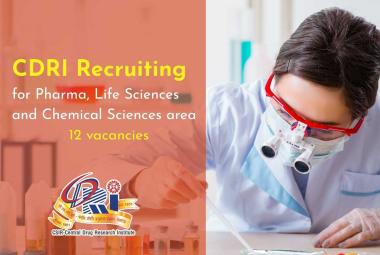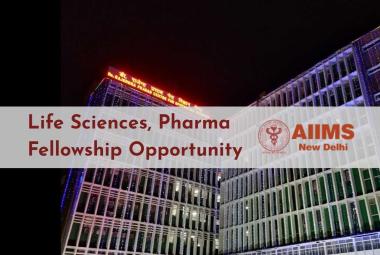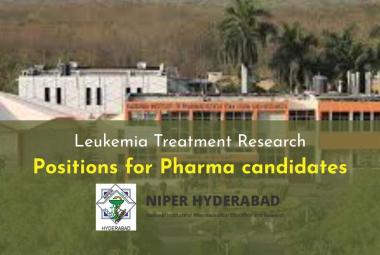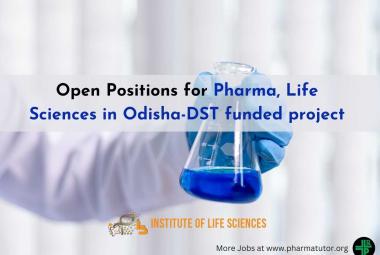 The Laboratory of Experimental Radiotherapy has profiled itself as a translational research lab which is very strongly tied to the clinical Department of Radiation Oncology. This intense collaboration allows performing real from bench to bedside and back research including in vitro and in vivo work but also histological, molecular and imaging analyses of patient samples. Moreover, an intensive interdisciplinary collaboration has been established with the Departments of Radiology, Pathology, Digestive Oncology and Abdominal Surgery which will be further nourished by the current project. For the analysis of the molecular and imaging data, the lab of Experimental Radiotherapy has built up a good collaboration with the bio-informatics group at the Department of Electrical Engineering, KULeuven.
The Laboratory of Experimental Radiotherapy has profiled itself as a translational research lab which is very strongly tied to the clinical Department of Radiation Oncology. This intense collaboration allows performing real from bench to bedside and back research including in vitro and in vivo work but also histological, molecular and imaging analyses of patient samples. Moreover, an intensive interdisciplinary collaboration has been established with the Departments of Radiology, Pathology, Digestive Oncology and Abdominal Surgery which will be further nourished by the current project. For the analysis of the molecular and imaging data, the lab of Experimental Radiotherapy has built up a good collaboration with the bio-informatics group at the Department of Electrical Engineering, KULeuven.
[adsense:336x280:8701650588]
Project
Colorectal cancer is the most frequent malignancy in Europe and is the second most common cause of cancer-related death, after lung cancer. About 30% of these tumors are located in the rectum. The standard treatment for locally advanced rectal cancer is radiochemotherapy (RCT) followed by total mesorectal excision surgery (TME). However, extensive TME surgery may cause considerable morbidity. Upon pathologic evaluation, around 20% of patients have no tumor left in the surgical specimen and are possible candidates for organ preservation. To be able to select the good responders to RCT, we need a better understanding of the molecular mechanisms behind these responses and non-invasive ways of monitoring them.
It has long been established that the immunocompetence of the patient plays a key role in the response to treatment. Our group and others showed that patients with a clear inflammatory reaction during chemoradiation (=fibro-inflammatory response) had a significant better disease free survival compared to patients showing only a fibrotic response. Identification of the key players of this inflammatory reaction could lead to an early identification of responders and consequently to an adaption of the treatment (e.g. no surgery for good responders, more intense treatment for bad responders). To achieve this, we will stain for specific immunological markers and perform multiplex ELISA's on blood samples taken before, during and after treatment. A potential non-invasive way of monitoring this inflammatory reaction is diffusion weighted MRI (DW-MRI). While conventional MRI lacks accuracy for nodal staging and is unable to provide functional information, new MR techniques, such as diffusion-weighted MRI, have overcome these shortcomings and provide functional information about the tumor microenvironment. Our group showed before that DW-MRI can be used to assess early response in patients and to predict pCR. However, these data need to be validated in a larger patient population and correlated with the development of inflammation.
[adsense:468x15:2204050025]
We believe that tumor response to RCT will be best predicted by a combination of several related markers rather than simply the level of one single molecule or one imaging technique. In this study, based on our previous findings, we aim to integrate molecular and imaging data to create a multidimensional map of gene expression patterns. Moreover, identification of the key players of the inflammatory response could identify target pathways for radiosensitization that could be a solution to intensify the chemoradiation regimen of patients with a bad predictive profile. These potential radiosensitizers can then be further investigated in several in vitro and in vivo models available in our laboratory.
The mains aims of the project are:
-
To individualise treatment by early analysis of the patients. For good responders, the TME surgery could be replaced by organ sparing or no surgery at all. For those patients with a bad profile, we could choose for an intensification of the treatment.
-
To obtain new insights in the heterogeneity of rectal tumors and the biological basis of a patient's individual response to RCT
-
To identify and validate potential radiosensitizers in vitro and in vivo.
Profile
-
Qualified candidates should hold a master's degree in biomedical sciences, pharmaceutical sciences, bioengineering sciences, biochemistry or biology
-
You have an interest in laboratory work (in vitro, in vivo, translational) with special interest in cancer.
-
You are able to work accurately and precisely.
-
You are motivated to prepare and finish a PhD within the time frame of 4 years.
-
You have very good communication skills in English.
This vacancy is only meant for students eligible to apply for funding of the Chinese Scholarship Council (CSC).
Please do not apply if you are not eligible for this scholarship! Therefor only applications from master students of Chinese universities will be taken into consideration.
Offer
-
Translational research within a multi-disciplinary environment.
-
Member of an enthusiastic and dynamic research team
-
Member of the doctoral school cancer at KU Leuven, one of the largest research universities of Europe
-
The possibility to take part in international conferences, courses and collaborations
See All Hyderabad Alerts Ph.D Alerts M.Pharm Alerts
See All Other Jobs in our Database









